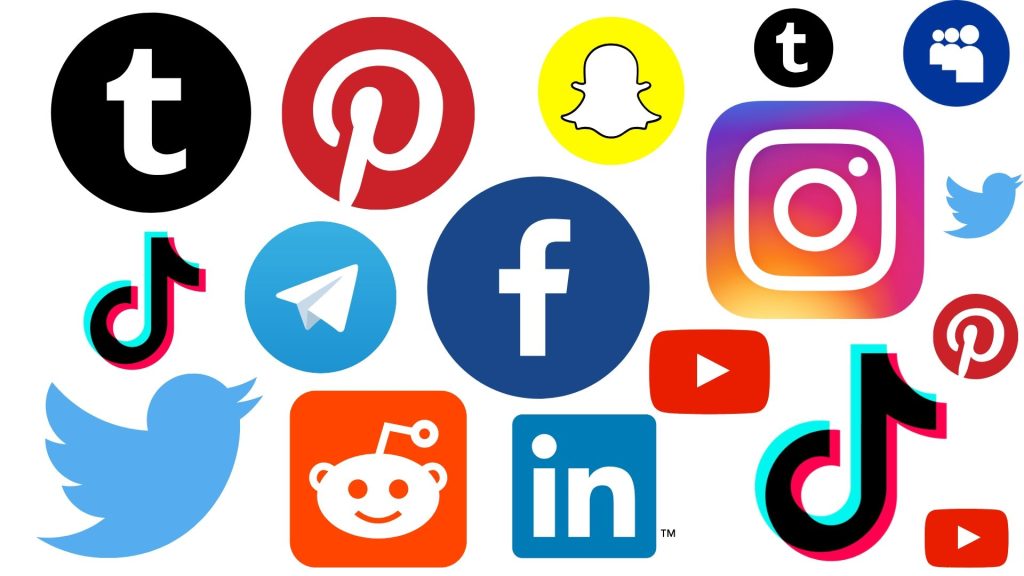The Future of Communication – Redefining Relationships Through Social Media
In the ever-evolving landscape of social media, the future of communication stands poised to redefine how relationships are formed, nurtured, and sustained. As platforms continue to integrate advanced technologies and user-centric features, the very essence of interpersonal connections undergoes a profound transformation. One of the most significant impacts of social media on relationships is its ability to bridge geographical boundaries effortlessly. People from different corners of the globe can now connect in real-time, sharing experiences, ideas, and emotions instantaneously. This interconnectedness not only fosters cultural exchange but also broadens perspectives, enriching the tapestry of human interaction. Moreover, social media platforms serve as dynamic hubs for community building. Whether through niche interest groups, professional networks, or online forums, individuals can find like-minded peers and form meaningful bonds based on shared passions or goals. These virtual communities not only provide a sense of belonging but also empower individuals to collaborate, innovate, and effect positive change on a global scale. However, the omnipresence of social media also introduces complexities to relationship dynamics.

The curated nature of profiles and the prevalence of digital communication can sometimes blur the line between authenticity and performance. People may present idealized versions of themselves, leading to unrealistic expectations or misunderstandings in offline interactions. Navigating this digital persona versus real-life authenticity becomes a crucial aspect of maintaining genuine connections. Furthermore, the advent of AI-driven algorithms and personalized content feeds on social media platforms has revolutionized how information is consumed and shared. While these algorithms aim to enhance user experience by tailoring content to individual preferences, they also shape our digital interactions and influence the information we encounter. This phenomenon, known as the filter bubble, can inadvertently limit exposure to diverse viewpoints and challenge critical thinking, potentially reinforcing existing beliefs rather than fostering open dialogue. Nevertheless, social media’s influence extends beyond individual relationships to encompass societal changes and collective action.
From grassroots movements to global advocacy campaigns, platforms have become powerful tools for mobilizing communities around social causes and amplifying marginalized voices. The ability to spark conversations, raise awareness, and drive social change in real-time underscores social media’s transformative impact on civic engagement and activism. Looking ahead, the future of communication through social media holds promise for continued innovation and evolution. As technological advancements such as augmented reality AR , virtual reality VR , and immersive experiences become more accessible, the boundaries between digital and physical interactions may further blur. These technologies have the potential to enrich storytelling, create immersive environments for social interaction, and redefine how we experience and perceive relationships in the digital age. Ultimately, while social media facilitates unprecedented connectivity and empowers individuals to forge diverse relationships across borders and boundaries, it also challenges us to navigate new ethical, psychological, and societal considerations. By embracing authenticity, empathy, and digital literacy, we can harness the transformative potential of social media to cultivate meaningful relationships, foster inclusive communities, and shape a more interconnected world.